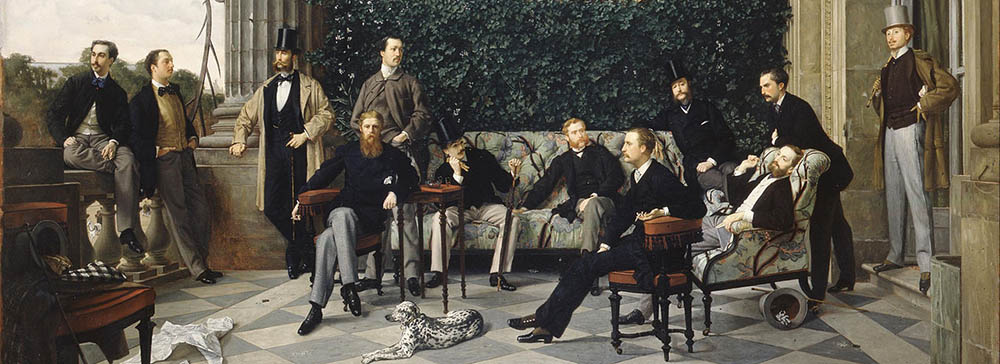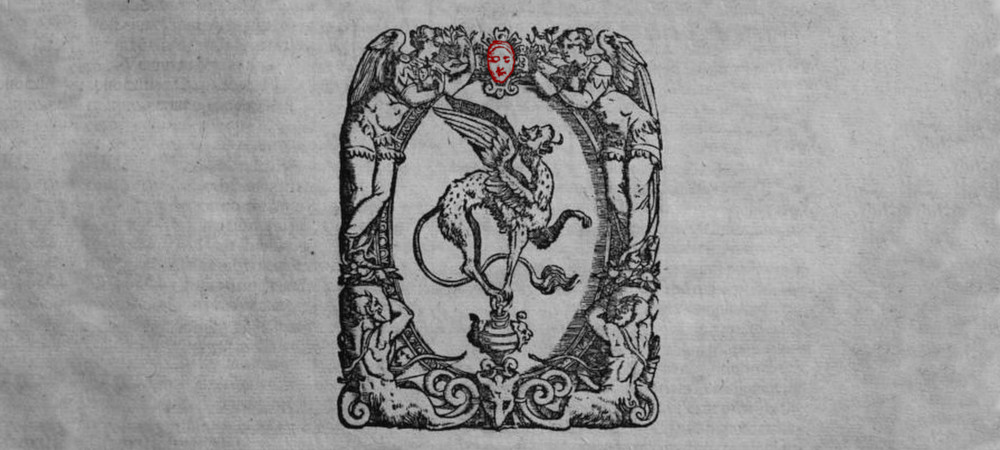Onion and Crouton Soup
I would like to see fewer biographies of great individuals and more biographies of great families or villages. We tend to overrate the singular man of original genius, while ignoring the slow accumulation of culture built up layer upon layer, century upon century, that makes the individual man of genius possible in the first place. Only so much culture can be gained in a single generation. If I may steal a metaphor from Joseph Epstein’s essay, “The Ideal of Culture,” who steals in turn from Willa Cather’s novel, Death Comes for the Archbishop, culture is like the onion and crouton soup served to Bishop Latour by his friend, Father Vaillant. Only a Frenchman could make such a soup, which leads Latour to say,
I am not deprecating your talent, Joseph, but, when one thinks of it, a soup like this is not the work of one man. It is the result of a constantly refined tradition. There are nearly a thousand years of history in this soup.
A constantly refined tradition—some provincial subject of Rome learned from her mother a way of making a certain kind of bread. Perhaps she found a way to make it just a little better by changing the kneading process slightly. Twelve generations later, a baker from the next village finds that the dried-out leftovers from this type of bread make nice croutons. Someone else in the north of France, during the reign of Philip IV, seasons such croutons from a stock pot left simmering with marrow-rich bones. And on and on, just to get the crouton piece of the onion and crouton soup.
How many little things do we encounter every day—things that add so much loveliness and dignity to our lives—that could not possibly have been invented all at once in a single generation? Even the off-griders and paleodieticians rely on countless resources, often in the form of known-how, that only come to them after thousands of years of painstaking cultivation away from bare survival in the woods. It is easy to think that this incremental move away from bare survival in the woods is a move away from nature. But culture is natural to man because human nature is to cultivate, in all the senses of that word’s root, the Latin word colo: to till the soil, to reap the fruits, to inhabit the same estate generation after generation, to devote oneself to the perfecting of something beautiful, to worship. Man is the cultural animal. We are Homo Colens.

All the other attributes of man that have been suggested as our distinguishing feature are cultural. Language separates us from the lower beasts, but language itself is something cultivated and passed on from mother to daughter. Language is not static, but rather grows organically in delightfully variegated ways over generations. Henri Bergson and Hannah Arendt suggest that we are homo faber, the tool-making and crafting animal. All our artisanship, however, is a form of cultus because each technique is learned primarily by imitation of our forebears and only secondarily supplemented by individual creativity and invention. Sometimes this is contrasted with Johan Huizinga’s homo ludens, the playing and consciously delighting animal. Our playful arts, however, also are what they are only through continual refinement. How much distance had to be covered before something closer to Ring-around-the-Rosie in the dim mists of the preliterate bronze age turned into a play of Aeschylus?
More fundamentally, we have been called both homo religiosus and homo sapiens, man as the religious animal and man as the rational animal. Both our spiritual and our rational dimensions, however, are more rooted in the community of generations than Enlightenment thinkers tend to suppose. From conception, a human being is a spiritual, rational person, but this hidden interiority only comes into developed embodied fullness as we learn the practices of worship and dialectic in a community of other spiritual persons who themselves only learned from others. The highest meaning of cultus transcends the plowing of fields or the cultivation of even our loveliest arts. At its summit, human cultus is the sacramental life of the Church, and we are most human when we fully immerse ourselves in this life.
This post is the first of three parts belonging to the larger essay “Homo Colens,” which can be found in the Essays section.
